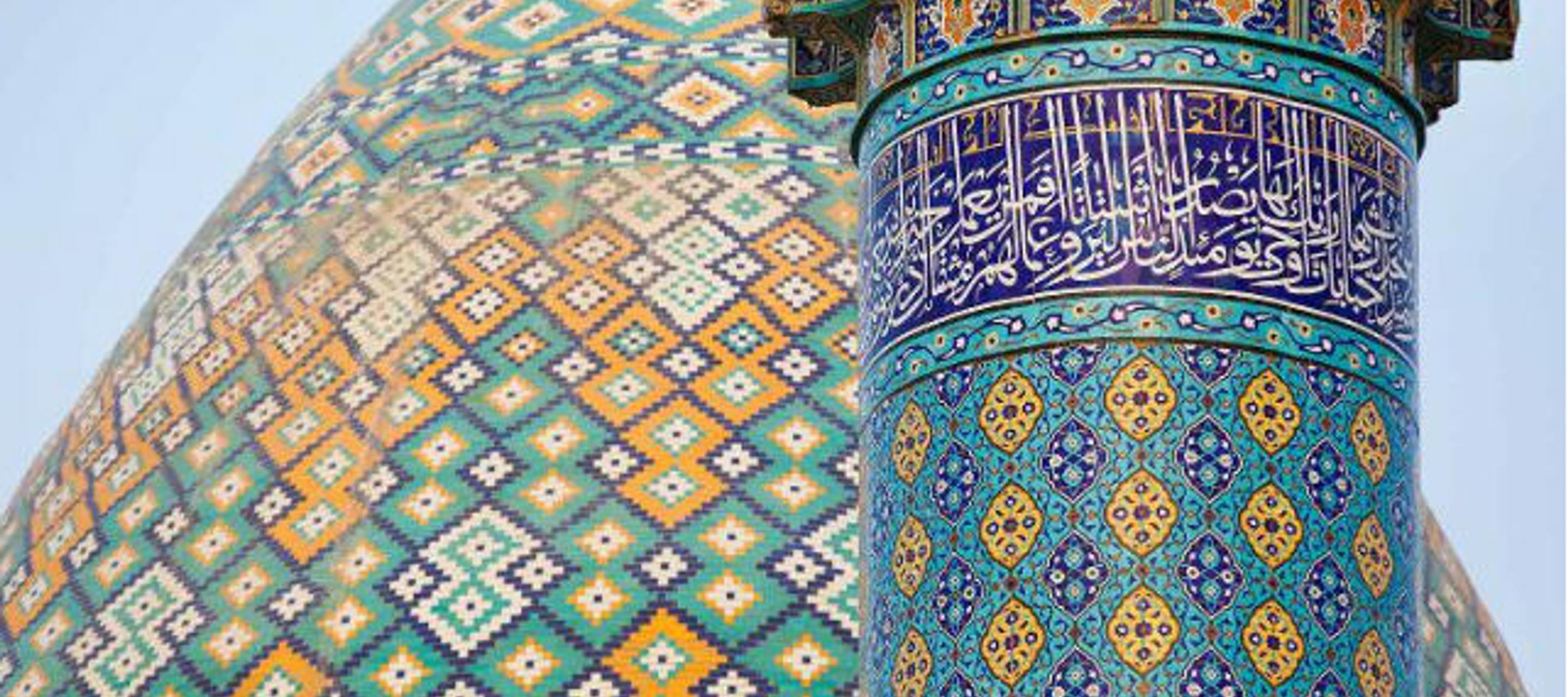Iran - Open for Business?
25 January 2016

As 2016 began to unfold, so did the question of when was the right time to lift international sanctions against Iran. It turned out to be just after the UN atomic watchdog (the IAEA) issued its conclusions on January 16th 2016 that Iran had fulfilled its obligations under a landmark July 2015 nuclear agreement.
There has already been a lot of political and business interest in what the lifting of sanctions might mean – Iran is a significant economy, with a highly skilled population and an ancient history as a regional power. Germany, France and the UK - for example - had already indicated they were planning trade missions during 2016 as soon as the first phase of EU sanctions relief occurs.
There are clearly geopolitical advantages for Europe and North America to strengthen political and economic relations with Iran given the current instability across the Middle East.
But what about human rights? Some sanctions, not linked to the nuclear accord, will remain in place for now, including European sanctions linked to human rights and US sanctions linked to terrorism. How long will they stay in place, and what measures will be taken to require responsible business to ensure respect for human rights by newly investing companies, remains to be seen.
It goes without saying, that as with Saudi Arabia and also Israel/Palestine, the people of Iran face some very significant human rights challenges – as does any foreign investor. Is greater international investment in Iran in the interests of its people and, in particular, those most vulnerable within the theocracy?
To answer the question, some parallels to Myanmar (Burma) can be drawn, where the Myanmar Centre for Responsible Business operates to provide information and build capacity on business and human rights.
Myanmar is far from being an Islamic Republic (by contrast it is dogged with fundamentalisms of another kind – Buddhist intolerance of its muslim minority), but the military’s stranglehold on both politics and the economy is somewhat analogous to the position in Iran, where the Revolutionary Guards control about one third of the economy. Like Myanmar, selecting a local joint venture partner will be one of the greatest risks any foreign company will take, and it will also strongly influence whether the company’s societal impacts are positive or negative.
IHRB was adamant on two points in relation to Myanmar in 2011/12 when international sanctions were being lifted. These are just as relevant to Iran in 2016:
- First, the people of Iran are likely to be best served by a diversity of investment from many parts of the world. This offers a range of external leverage points as well as aligning with the truism that the more open the economy, the greater the tendency to value the rule of law and human rights. (We can all think of some countries neighbouring Iran where this is clearly not the case, but generally the correlation holds.)
- Second, and importantly, that just opening the country to investment flows will not necessarily serve the people of Iran unless international values are upheld. Some issues, such as internationally recognized human rights and labour rights, should clearly be pre-competitive.
There is a real danger that, as with Myanmar, the international community moves directly from a “red” light to “green”, without any “amber/yellow” light in between. Now is the time to establish what "proceed with caution" might look like in practice. Lets not have the British, German and French embassies in Tehran pushing their respective businesses as being more responsible than the other without any objective measure of this being in place or facility for multi-stakeholder cooperation.
It is essential to avoid the “groundhog day” of global social standards being applied in an ad hoc fashion – reinventing the wheel each time. The Sullivan Principles in Post-Apartheid South Africa, the MacBride Principles in Northern Ireland, or the principles of the Sudan Divestment Taskforce are all examples of this. Since the UN Guiding Principles on Business and Human Rights (UNGPs) were agreed in 2011 there is now a more permanent reference point for what responsible investment looks like. It is note-worthy that the US Government’s mandatory business reporting requirement for Burma/Myanmar look to the UNGPs, as do a number of OECD instruments, as well as Chinese overseas guidelines for mining or state-owned companies.
Similar principles relating to Iran should do the same. Governments would be wrong to think that such principles would be a constraint to business. Rather, they are essential for developing a sustainable investment climate.
However, there are some important ways in which the Iranian economy is nothing like that in Myanmar.
It is clearly much more developed, with a strong domestic stock exchange representing a broad range of business sectors. Oil, gas and mining are the obvious cash cows (although perhaps less so given current commodity prices) but so too are agriculture, textiles, information, sciences, construction, energy, infrastructure and transport.
Whilst Iran needs investment, it will not be at any price. Tehran will be less tempted perhaps to rival Bangladesh, Cambodia, Pakistan or Ethiopia in terms of ready made garments when it already has the gold standard in quality carpet making. Iran will be as interested in the markets it might be able to access once sanctions start to be lifted. In many ways, Colombia might be a better comparative in economic terms – it too is in a process of transition during 2016. And, as we know, fine words are not enough. Investment criteria, even those backed by mandatory non-financial reporting, also risk being out maneuvered by events and lack of sufficient leverage.
Iran needs an independent centre to assist in developing the capacity of government, business and civil society to meet international standards and to speak out honestly when this is not happening. As with the Myanmar Centre for Responsible Business (established by IHRB and the Danish Institute for Human Rights in 2013) and the Centro Regional de Empresas y Emprendimientos Responsables (CREER) more recently established by IHRB in Bogota, this should be an intrinsic part of whatever is agreed this year. If the EU, US and other governments are serious about sustainable business, as well as human rights in Iran, we should expect nothing less.




